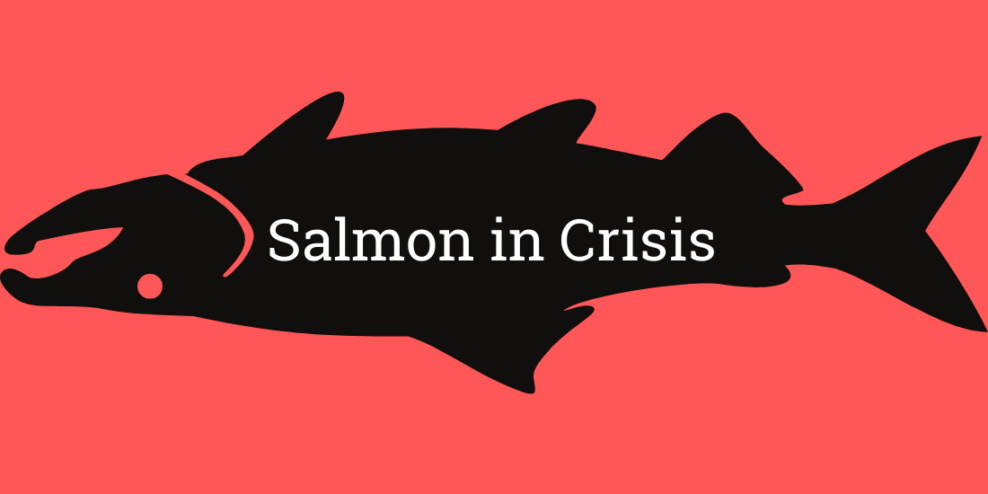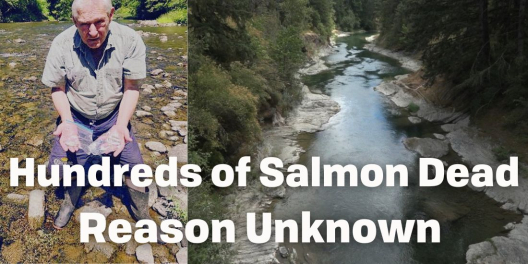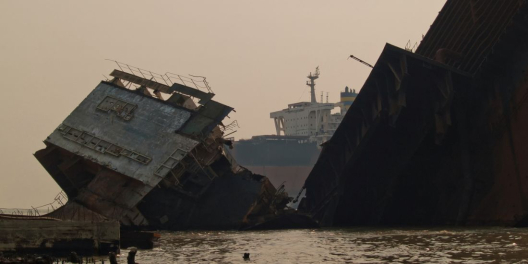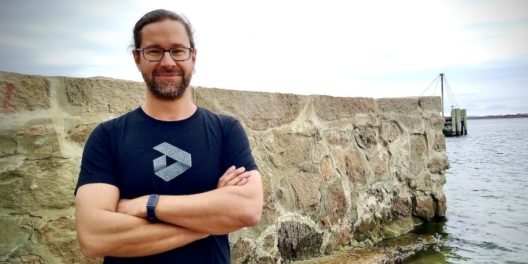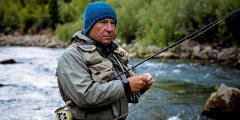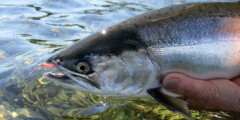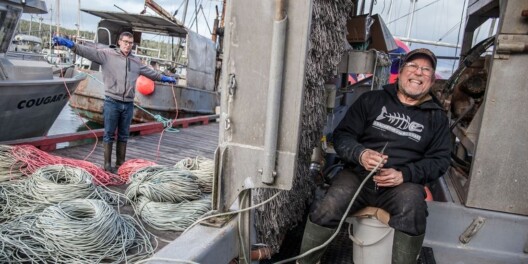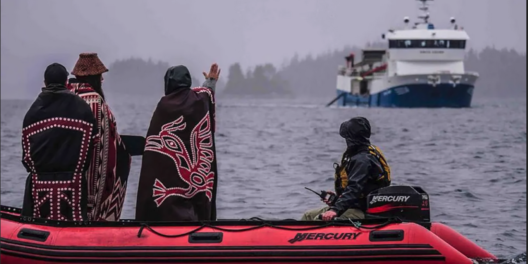A recent poll conducted by Insights West on behalf of The Pacific Salmon Foundation and Wild First shows that the decline of the wild salmon stocks is one of the most pressing environmental concerns among British Columbians.
The pollsters asked residents about five major environmental issues facing the province. Wild salmon topped the list at an 86% level of concern, ahead of endangered species and at-risk ecosystems (82%), climate change (76%), single-use plastics (75%), and impacts of logging on nature and climate (72%).
The decline of salmon was the number-one concern across all demographics. It was equally high in Metro Vancouver (85%) as it is in the Interior of BC (88%), as well as coastal regions such as the South Vancouver Island and the North/Central Island (both at 89%).
“The decline of wild Pacific salmon stocks in British Columbia is an issue that is near and dear to us, and supersedes other environmental issues,” said Steve Mossop, President of Insights West, in a press release. “Our polling results show that perceptions of open-net pen fish farms are very negative, and the vast majority would like to see the transition to land-based fish farming in BC.”

When asked about 13 known contributing factors, residents cited a wide variety of reasons that they believe are causing the decline. However, topping the list are the impacts of open-net-pen salmon farms, climate change and overfishing. When asked to choose the number one reason for the decline of BC salmon stocks, issues relating to open-net pens constitute 24% of the number one reasons, followed by climate change (18%), overfishing (18%), and stream habitat destruction (11%).
Recently, the Canadian government mandated all open-net fish farms be transitioned to closed containment pens by 2025, and the vast majority (75%) of BC residents support this decision. Just 1-in-10 oppose this decision by the feds.
At 74%, the vast majority of poll respondents are against open-net pen fish farms, while roughly 2/3rds had favourable views of land-based closed containment farms.
“These findings affirm that a large cross-section of British Columbians cares deeply about the state of Pacific salmon and appreciate the complex risk-factors contributing to serious declines of many salmon populations,” said Michael Meneer, President of Pacific Salmon Foundation, in the press release.
The press release also indicated that declining salmon was also the number-one concern across the political spectrum. However, the pollster provided no data to back up this claim. The pollster also didn’t respond to emailed questions asking for clarification and supporting documentation.
Information Insights West provided about the methodology used in the poll
Insights West’s results are based on an online study conducted June 14 to 22, 2021, among a sample of 2,064 residents across BC. Respondents are part of Insights West’s Feedback Community, a panel of BC residents recruited from various sources and backgrounds. The margin of error with the total sample—which measures sample variability—is +/- 2.2 percentage points, 19 times out of 20. Discrepancies between totals are due to rounding.
